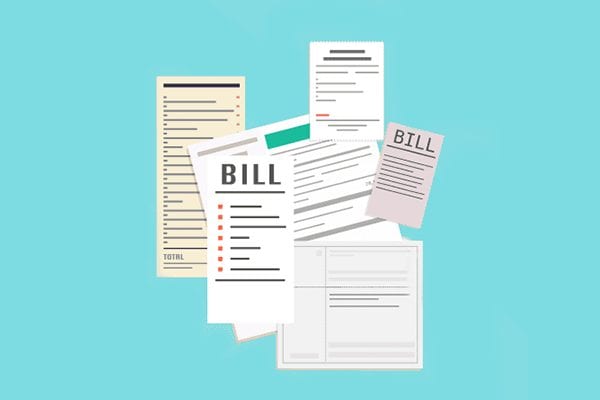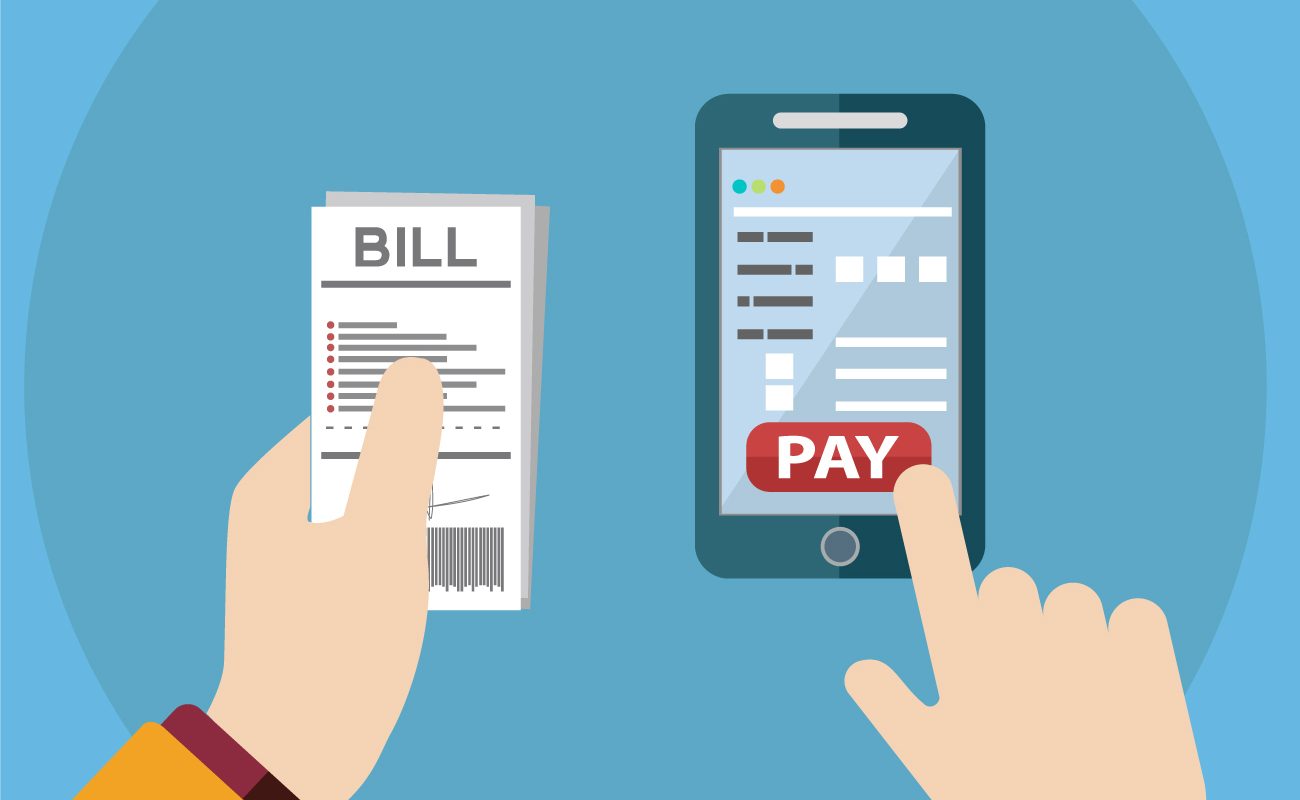Utility bills play a crucial role in our daily lives. Unfortunately, with the rise of digital communication and sophisticated fraudulent tactics, there has been a surge in high-profile scams involving fake utility bills. In this article, we will explore three high-profile case studies that highlight the prevalence and impact of scams involving fake utility bills.
Case Study 1: The Wirecard Scandal
One of the most notorious cases involving fake utility bills is the Wirecard scandal. Wirecard, a prominent German financial technology company, used fake utility bills to inflate its revenue and deceive investors. It was revealed that Wirecard had created a complex network of fictitious transactions and partnerships, supported by fabricated bills.
This enabled the company to fabricate substantial revenue streams and project a false image of financial success. The scandal involved a staggering amount of money, with an estimated €1.9 billion ($2.1 billion) falsely reported on Wirecard’s balance sheets. The revelation of the fraud led to the company’s collapse, criminal investigations, and severe consequences for investors and creditors.
Case Study 2: The Indian Power Sector Scam
In India, the power sector witnessed a significant scam that revolved around the issuance of fabricated service invoices. Unscrupulous individuals within the sector manipulated energy consumption data and issued fabricated bills to consumers.
By underreporting actual energy usage, these scammers defrauded both consumers and companies. The scam involved millions of dollars as consumers unknowingly paid inflated bills while utility companies suffered financial losses due to revenue shortfalls. The fraud not only caused substantial monetary damage but also eroded public trust in the power sector.

Case Study 3: The Bitcoin Mining Operation Fraud
Scams involving fake utility bills have also plagued the developing field of cryptocurrency mining. Scammers have established large-scale Bitcoin mining operations but have sought to conceal their excessive energy usage from utility companies.
To achieve this, they resorted to creating fraudulent invoices that reflected lower energy consumption. This allowed them to continue their operations undetected, defrauding investors and public service companies. One such case is of a Chinese cryptocurrency mining operation that used fake utility bills to hide electricity consumption, resulting in millions in ill-gotten gains, arrests, and asset seizures by authorities.
Tips to Avoid Falling Victim to Fake Utility Bill Scams
Follow these tips to shield yourself from fake utility bill scams:
- Scrutinize bills for discrepancies.
- Guard personal information carefully.
- Stay alert for red flags and suspicious signs.
- Report any suspected fraud promptly.
- Vigilance is key to safeguarding against these deceptive schemes.
By raising awareness and taking the necessary precautions, we can protect ourselves and contribute to curbing the rise of these fraudulent practices in the future.

